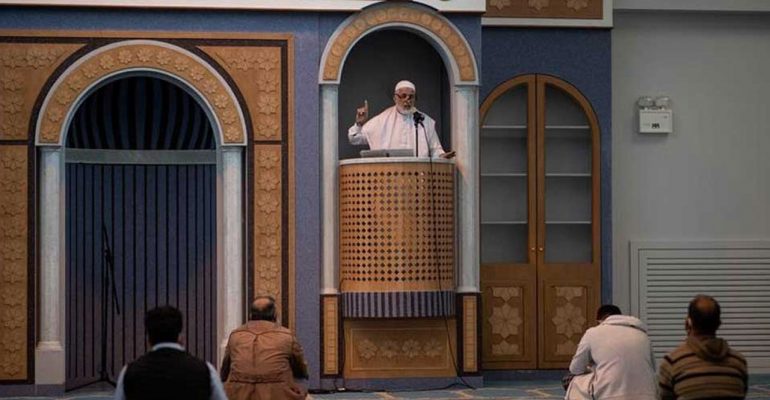It took a century to open a mosque in Athens. Then came the pandemic.
November 13, 2020 2023-06-19 22:03It took a century to open a mosque in Athens. Then came the pandemic.

It took a century to open a mosque in Athens. Then came the pandemic.
The mosque that took more than a century to open, surviving legal, political and financial challenges, has closed in less than a week, a temporary victim of the coronavirus pandemic.
Athens, the Greek capital, had not had a dedicated, purpose-built Muslim place of worship since the expulsion of Ottoman forces in 1833, a gap that officials have long sought to fill. The first act of Parliament aimed at opening a mosque came in 1890, an effort that intensified in recent decades as the Muslim community has grown, now praying in dozens of unpermitted, makeshift venues like basements, garages and parking lots.
In the face of objections from the powerful Orthodox Church, and from nationalists who associate Islam with foreign occupation, plans repeatedly came to nothing over the years, leaving Athens as virtually the only European Union capital without a purpose-built place of worship for Muslims.
But in 2006 Parliament approved construction of a fully state-funded, state-run mosque in Athens — the only such arrangement in the European Union, Greek officials say. The opening, initially scheduled for 2010, finally arrived early this month after the project surmounted a mountain of red tape and legal challenges.
With coronavirus spiking, though, restrictions immediately limited a building designed for around 350 worshipers to only 13 at a time. Then, the day after the mosque’s first Friday Prayer, Greece returned to a national lockdown, forcing it to shut completely for now.
The closing heightened the bittersweet feelings many Muslims already had about the state-funded mosque — a squat off-white building, conspicuously free of minarets, set on a sprawling former naval base in an industrial district near downtown Athens. Its 4.2-acre grounds include a park with a fountain and a playground.
Source: The New York Times








